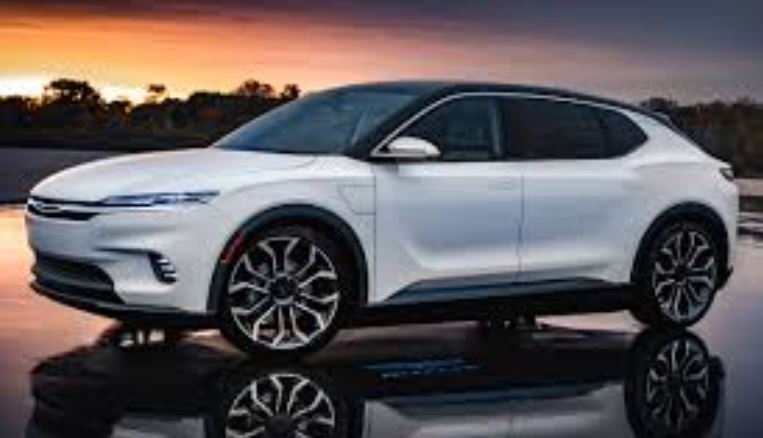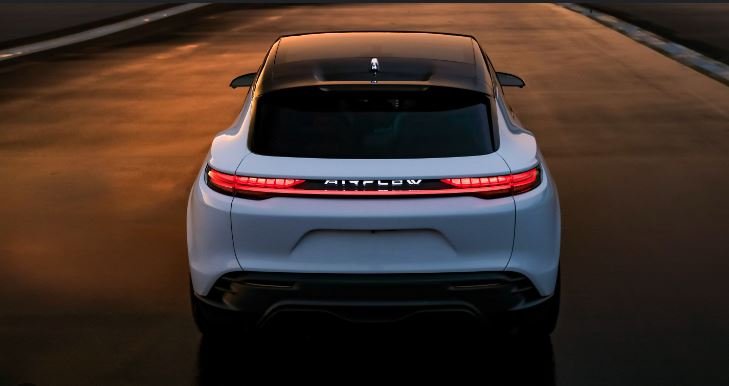Chrysler is gearing up for an electrifying future as it transitions to electric vehicles (EVs). With the automotive industry rapidly shifting towards sustainability, Chrysler has committed to developing electric models that blend innovation, performance, and eco-friendliness. As part of the Stellantis group, Chrysler is poised to play a significant role in the global push for cleaner transportation.

1. Commitment to an All-Electric Lineup
Chrysler has announced plans to offer an all-electric lineup by 2028. This ambitious goal reflects the brand’s commitment to sustainability and reducing its carbon footprint. The company’s first fully electric vehicle is expected to debut in 2025, marking the beginning of this significant transformation. Chrysler aims to offer a range of EVs that meet diverse consumer needs, from family-friendly models to luxury vehicles.
2. Advanced Battery Technology
Chrysler’s electric future will rely on advanced battery technology, ensuring its EVs offer competitive range and performance. The brand is expected to use Stellantis’ state-of-the-art battery systems, which promise enhanced energy efficiency and faster charging times. These batteries will enable Chrysler’s EVs to deliver the long-range capabilities that consumers demand, making them practical for everyday use.
3. Innovative Design and Features
Chrysler’s electric vehicles will showcase innovative design and cutting-edge features. The brand is likely to draw on its legacy of blending style with functionality, creating EVs that are both visually striking and practical. Expect features such as advanced driver assistance systems, over-the-air software updates, and customizable interiors that reflect the latest in automotive technology. Chrysler’s EVs will offer a premium experience, combining luxury with the benefits of electric driving.
4. Sustainability and Environmental Impact
Chrysler’s move to electric vehicles is part of a broader strategy to enhance sustainability across its operations. By shifting to EVs, Chrysler aims to significantly reduce emissions and contribute to a cleaner environment. The brand is also likely to explore eco-friendly materials and production methods, further minimizing its environmental impact. This commitment to sustainability will resonate with consumers who prioritize green technology in their purchasing decisions.
Conclusion
Chrysler’s electric future promises innovation, sustainability, and cutting-edge technology. As the brand transitions to an all-electric lineup by 2028, it will offer advanced battery technology, innovative designs, and a commitment to reducing its environmental impact. Chrysler’s journey towards electrification marks a new chapter in its storied history, blending its legacy with the demands of a modern, eco-conscious world.

